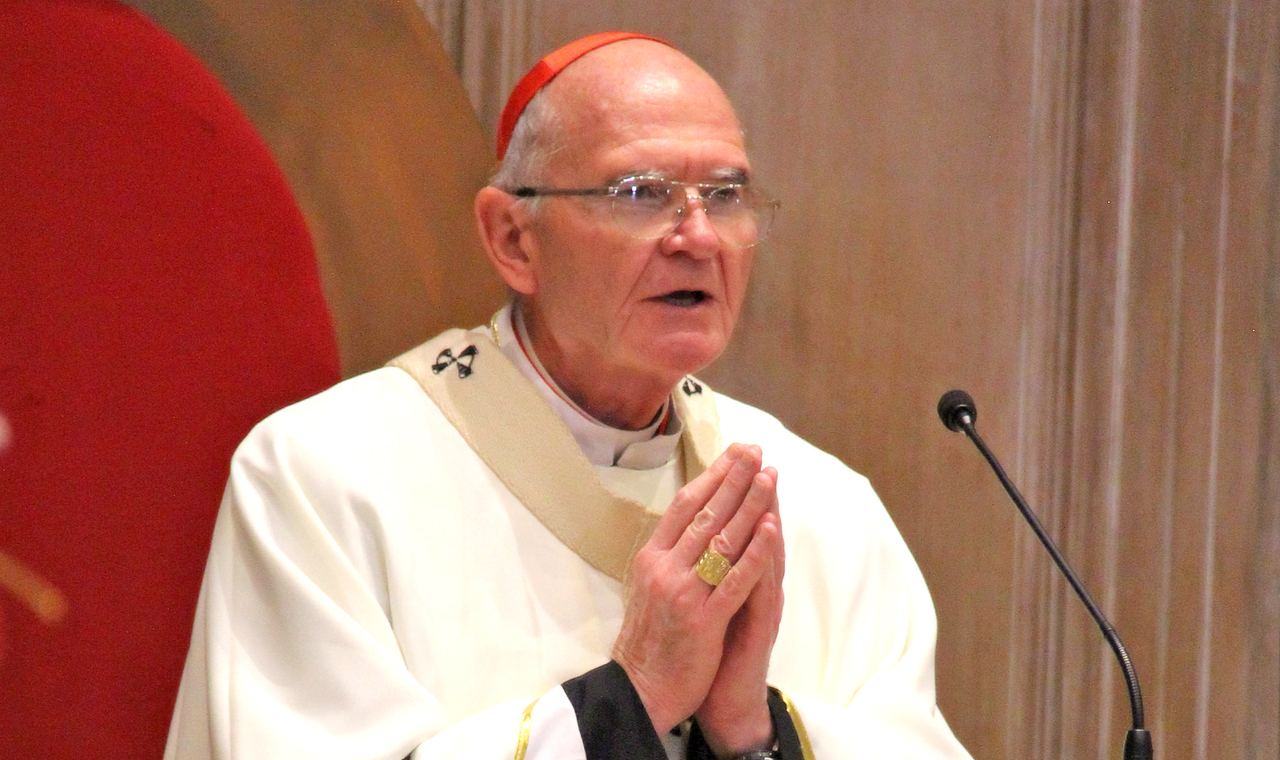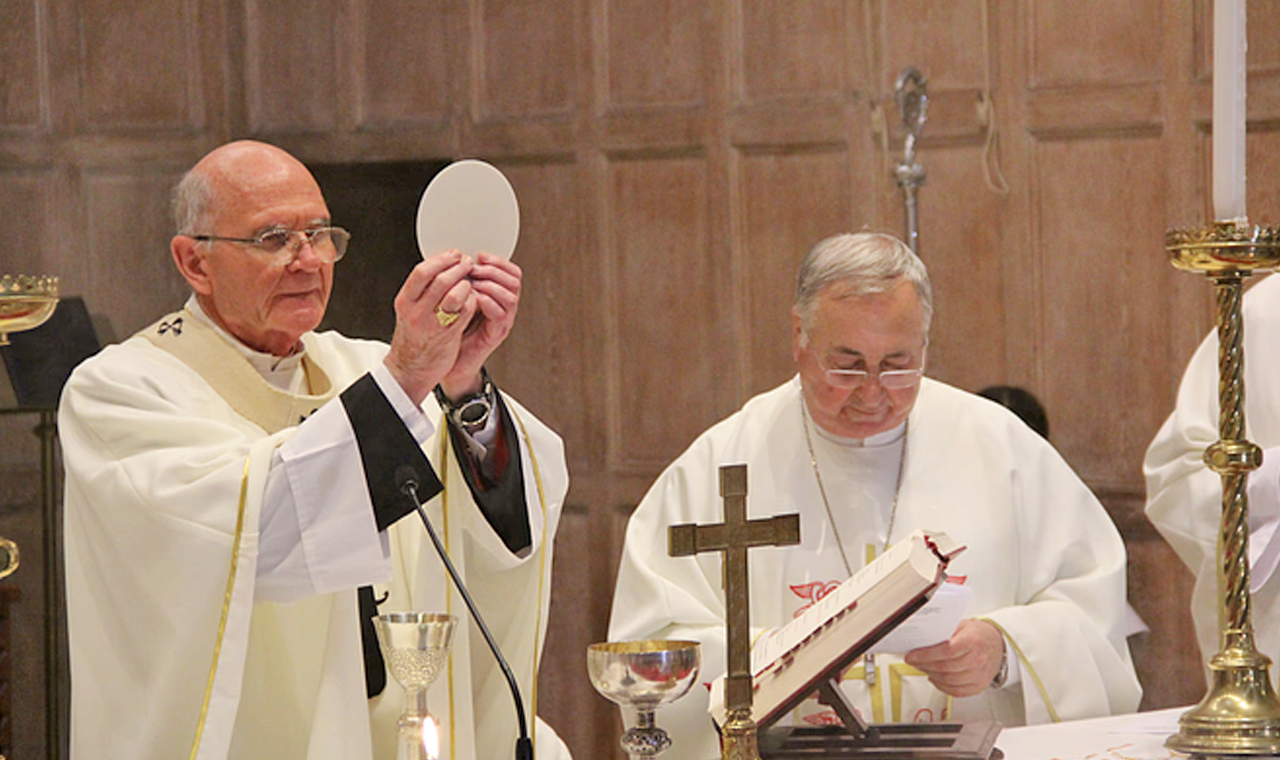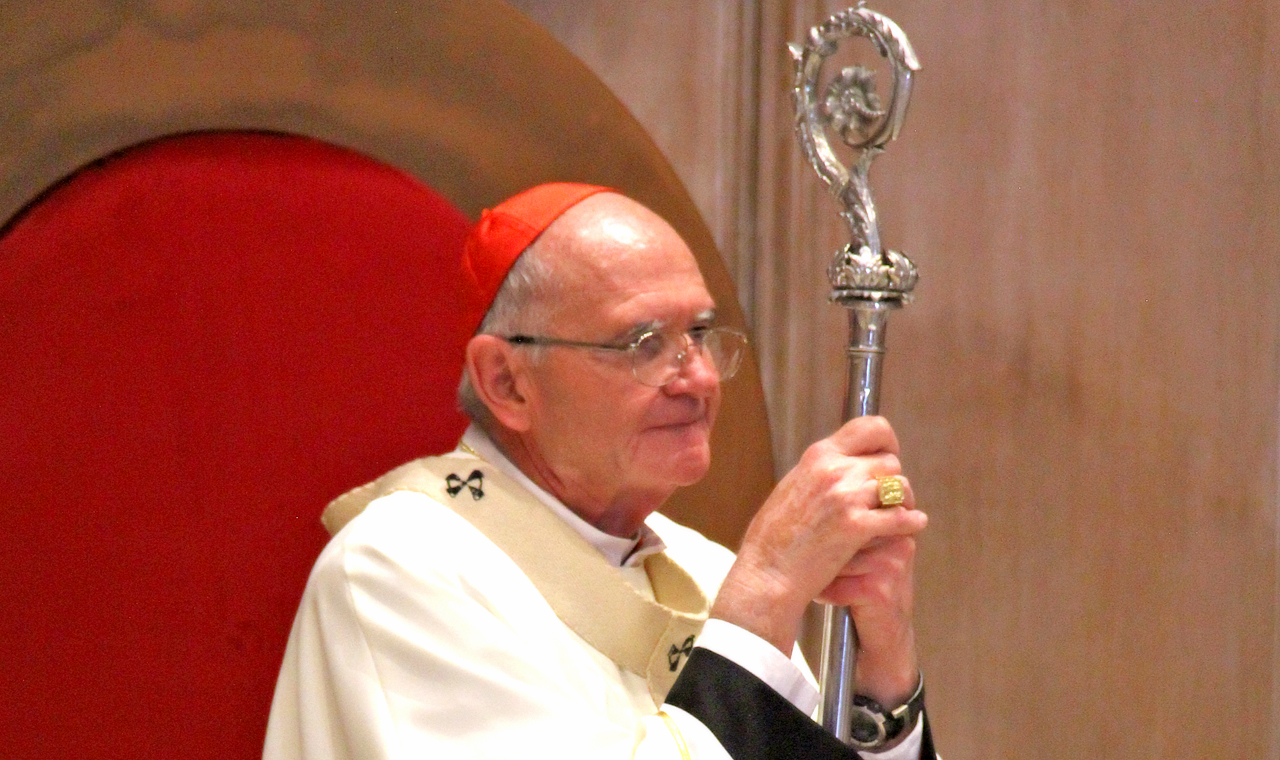OPENING OF JUBILEE YEAR 2025 31 DECEMBER 2024, OUR LADY OF THE FLIGHT INTO EGYPT CATHEDRAL The opening words of the Gospel of St John makes reference to the Old Testament. He starts with the words, “In the beginning” taking our minds to the very beginning of creation when God shaped the world and gave …
OPENING OF JUBILEE YEAR 2025
31 DECEMBER 2024, OUR LADY OF THE FLIGHT INTO EGYPT CATHEDRAL

The opening words of the Gospel of St John makes reference to the Old Testament. He starts with the words, “In the beginning” taking our minds to the very beginning of creation when God shaped the world and gave life to all that lives. In fact, St John is taking us back to the “beginning” which is prior to the creation of the world saying, “He was with God in the beginning. Through him all things came to be”. He is from the beginning because he was and is God. He is also the source of “being” the source of life, for all things came to be through him. He is the agent of creation through whom God the Father created the world. The life he gave is the light that shines in the darkness and which darkness cannot overpower. The aim of the Gospel writers, as with the others authors of Scripture, is to give meaning to life, to lead us to God, so that we can know who God is, and to understand our relationship with God. But how can the inexpressible be expressed in words? The words, the message, must lead us into an encounter and a relationship with the Word, who is Christ. Our understanding of God, our finding meaning in God, is experiential by its very nature. Saul undoubtedly had heard the words the teachings about Jesus, but it was the experience on the road to Damascus, the encounter with the resurrected, living Christ, that changed his life and brought him to faith and action.

We are people of faith. We have and do encounter Christ in our lives. We have a relationship with him, and through him, by the power of the Holy Spirit, we know the Father. Yet we continually need renewal, a time for reflecting on our lives, of self-scrutiny in the light of the Gospel. The Sacrament of Reconciliation is our frequent way of doing that. Every so often, we need to re-look at ourselves in a deeper and more communal way, not simply in a personal way, but to examine ourselves as a people called to be the sons and daughters of God, to reflect on how we live our communal Christian life and how we can, in an individualistic and cyber world, strengthen the bonds of community in our parishes, archdiocese, and as Church. The jubilee year has deep Biblical roots and is intended to be a year of liberation, forgiveness and renewal. In the Book of Leviticus, chapter 25, we read that the jubilee year was ordained by God so that Israelites could return to their roots, liberate their servants and restore what had been lost. It was a year to rejoice in God’s mercy and justice, and to embark on the journey of transformation by returning to what is right and just, and restoring our relationships with others and with creation.

The jubilee year invites us to return to our roots, the foundation of our faith and the reason for our hope. In recalling God’s abundant mercy and the grace that he has poured into our hearts, we become inspired to throw off our lethargy, our indifference to the suffering and evil in the world, to cast aside feelings of despair and impotence, in order that we may look beyond all the troubles and anxieties that we experience, to look beyond the darkness of the Cross, and to recognize the light which shines dispersing the darkness and which the darkness cannot overcome. For the light came into the world and is still present in the world. Christ, who took on human flesh to live among us, has not deserted us. He is still present. It is for we, to be strong enough in our faith, to recognize in the signs of the times, no matter how terrible they may be, the signs of hope for the world and for mankind. Our hope lies in Christ, who calls us to renewal, to return to our roots, the basics of our faith in terms of moral living, of uprightness in our dealings with others, in living the truth, in being reconcilers and peace-makers, in seeking justice and inclusion for the marginalized and rejected. Our faith calls on us to be courageous in the face of the darkness and the evil and never to shrink back because of it. Time and again we read in the Scriptures, “Be strong, stand firm”, typified by the words of Joshua: “I hereby command you: be strong and courageous; do not be frightened or dismayed, for the Lord your God is with you wherever you go” (Joshua 1:9). Our strength and courage is rooted when we are faithful to the whole law and, in the words of Joshua, to swerve “neither to the right nor to the left” of it (Joshua 1:7). The fullness of the law is found in Jesus Christ who taught us that the greatest commandment, the greatest law, is to love the Lord our God with all our hearts, souls and minds, and to love our neighbour as ourselves (Matt 22:37-39).




